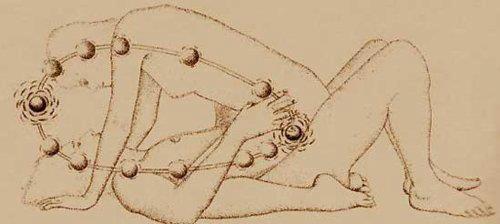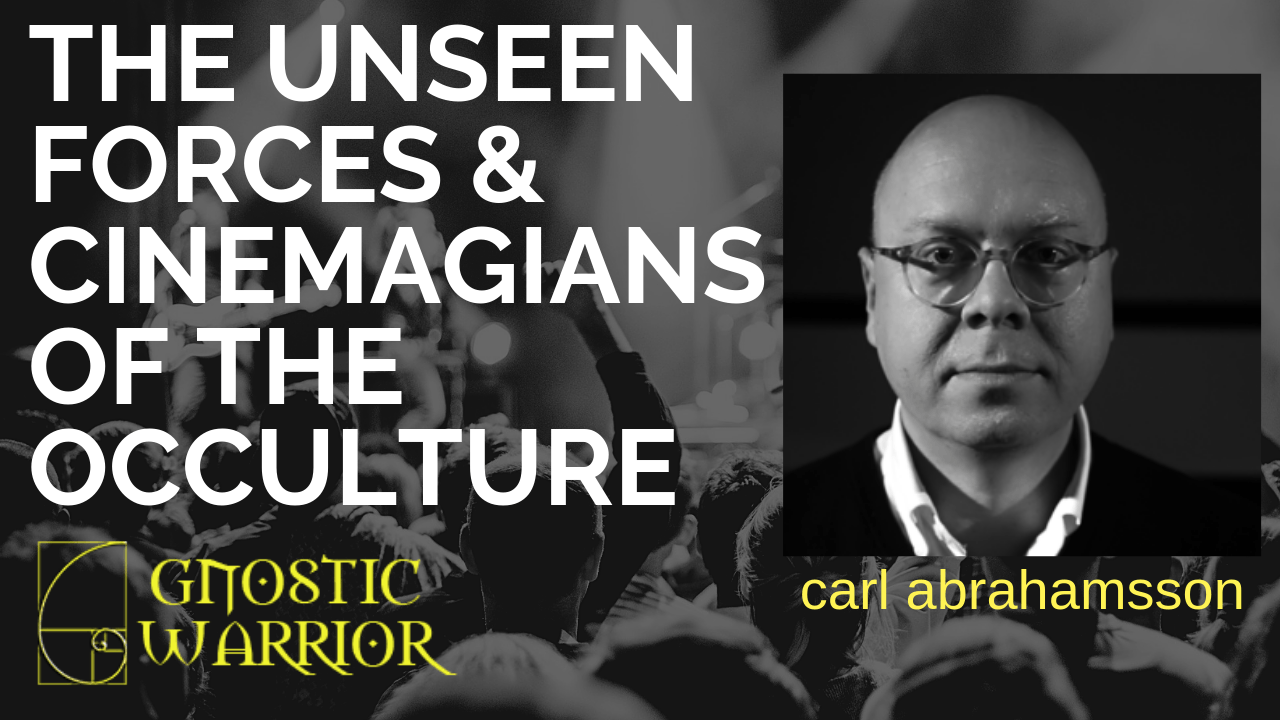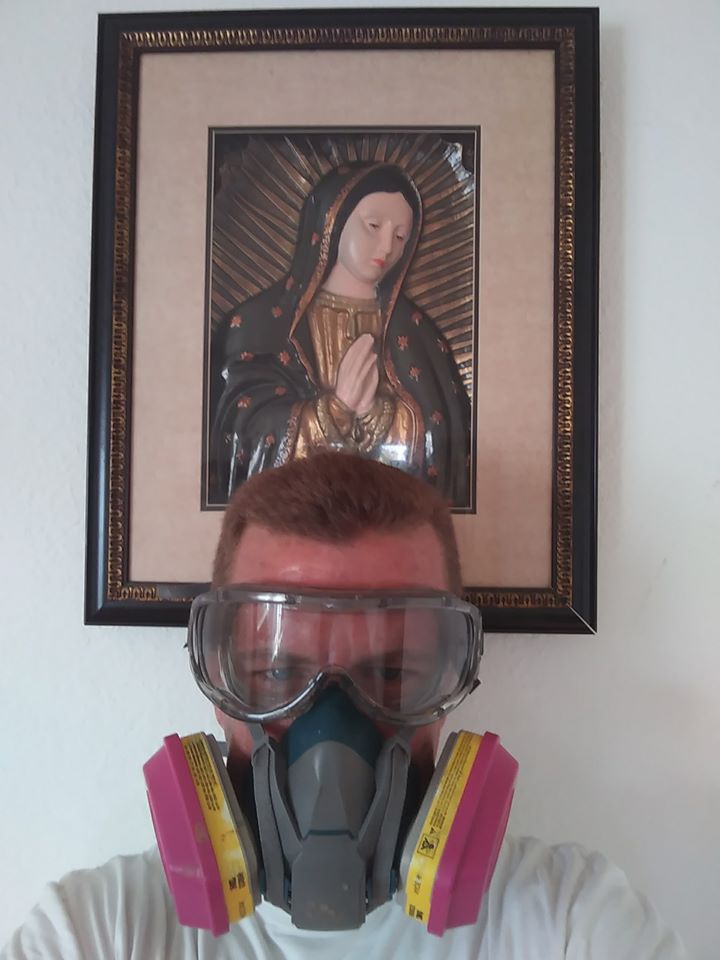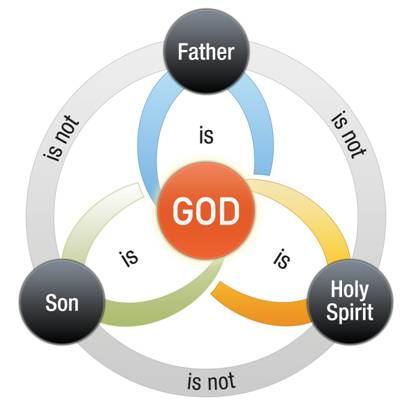Says a Persian proverb: “The darker the sky is, the brighter the stars will shine.” Thus, on the dark firmament of the mediaeval ages began appearing the mysterious Brothers of the Rosie Cross. They formed no associations, they built no colleges; for, hunted up and down like so many wild beasts, when caught by the Christian Church, they were unceremoniously roasted. “As religion forbids it,” says Bayle, “to spill blood,” therefore, “to elude the maxim, Ecclesia non novit sanguinem, they burned human beings, as burning a man does not shed his blood!”
Many of these mystics, by following what they were taught by some treatises, secretly preserved from one generation to another, achieved discoveries which would not be despised even in our modern days of exact sciences. Roger Bacon, the friar, was laughed at as a quack, and
Page 65
is now generally numbered among “pretenders” to magic art; but his discoveries were nevertheless accepted, and are now used by those who ridicule him the most. Roger Bacon belonged by right if not by fact to that Brotherhood which includes all those who study the occult sciences. Living in the thirteenth century, almost a contemporary, therefore, of Albertus Magnus and Thomas Aquinas, his discoveries — such as gunpowder and optical glasses, and his mechanical achievements — were considered by every one as so many miracles. He was accused of having made a compact with the Evil One.
In the legendary history of Friar Bacon, as “well as in an old play written by Robert Green, a dramatist in the days of Queen Elizabeth, it is recounted, that, having been summoned before the king, the friar was induced to show” some of his skill before her majesty the queen. So he waved his hand (his wand, says the text), and “presently was heard such excellent music, that they all said they had never heard the like.” Then there was heard a still louder music and four apparitions suddenly presented themselves and danced until they vanished and disappeared in the air. Then he waved his wand again, and suddenly there was such a smell “as if all the rich perfumes in the whole world had been there prepared in the best manner that art could set them out.” Then Roger Bacon having promised a gentleman to show him his sweetheart, he pulled a hanging in the king’s apartment aside and every one in the room saw “a kitchen-maid with a basting-ladle in her hand.” The proud gentleman, although he recognized the maiden who disappeared as suddenly as she had appeared, was enraged at the humiliating spectacle, and threatened the friar with his revenge. What does the magician do? He simply answers: “Threaten not, lest I do you more shame; and do you take heed how you give scholars the lie again!”
As a commentary on this, the modern historian remarks: “This may be taken as a sort of exemplification of the class of exhibitions which were probably the result of a superior knowledge of natural sciences.” No one ever doubted that it was the result of precisely such a knowledge, and the hermetists, magicians, astrologers and alchemists never claimed anything else. It certainly was not their fault that the ignorant masses, under the influence of an unscrupulous and fanatical clergy, should have attributed all such works to the agency of the devil. In view of the atrocious tortures provided by the Inquisition for all suspected of either black or white magic, it is not strange that these philosophers neither boasted nor even acknowledged the fact of such an intercourse. On the contrary, their own writings prove that they held that magic is “no more than the
Page 66
application of natural active causes to passive things or subjects; by means thereof, many tremendously surprising but yet natural effects are produced.
” The phenomena of the mystic odors and music, exhibited by Roger Bacon, have been often observed in our own time. To say nothing of our personal experience, we are informed by English correspondents of the Theosophical Society that they have heard strains of the most ravishing music, coming from no visible instrument, and inhaled a succession of delightful odors produced, as they believed, by spirit-agency. One correspondent tells us that so powerful was one of these familiar odors — that of sandal-wood — that the house would be impregnated with it for weeks after the seance. The medium in this case was a member of a private family, and the experiments were all made within the domestic circle. Another describes what he calls a “musical rap.” The potencies that are now capable of producing these phenomena must have existed and been equally efficacious in the days of Roger Bacon. As to the apparitions, it suffices to say that they are evoked now in spiritualistic circles, and guaranteed by scientists, and their evocation by Roger Bacon is thus made more probable than ever.

Moe is the founder of GnosticWarrior.com. He is a father, husband, author, martial arts black belt, and an expert in Gnosticism, the occult, and esotericism.






